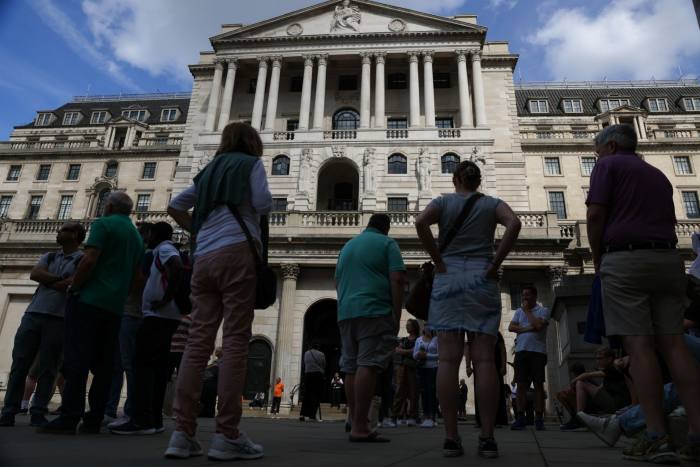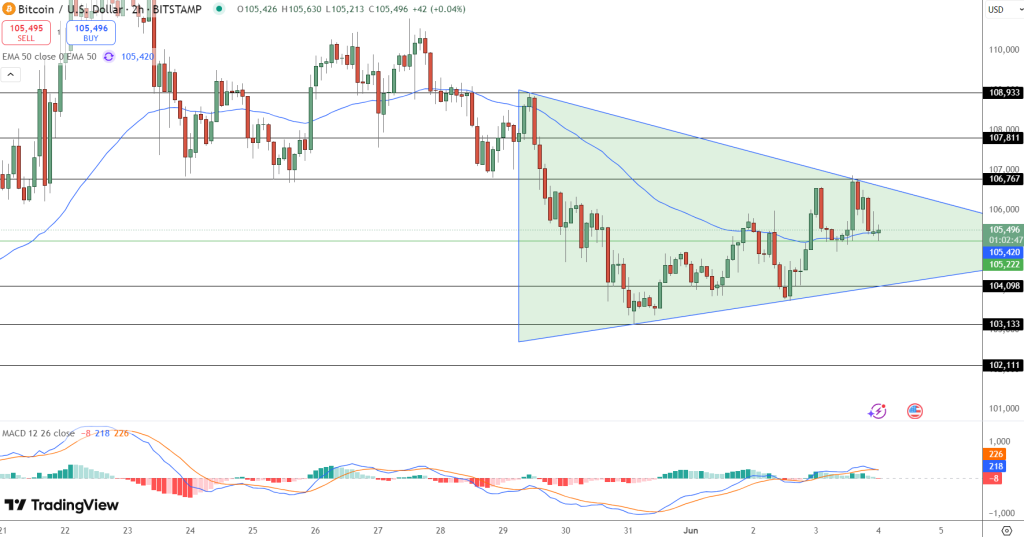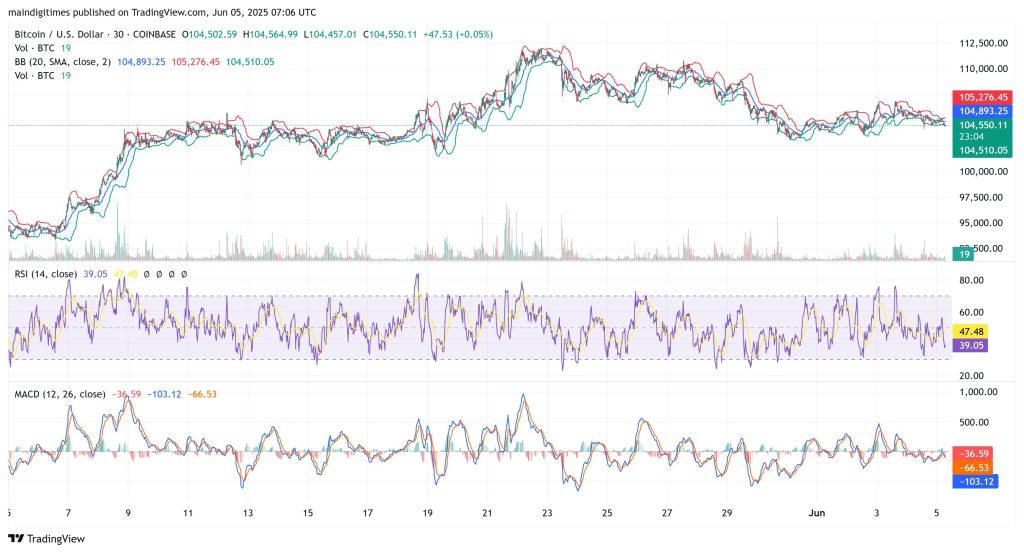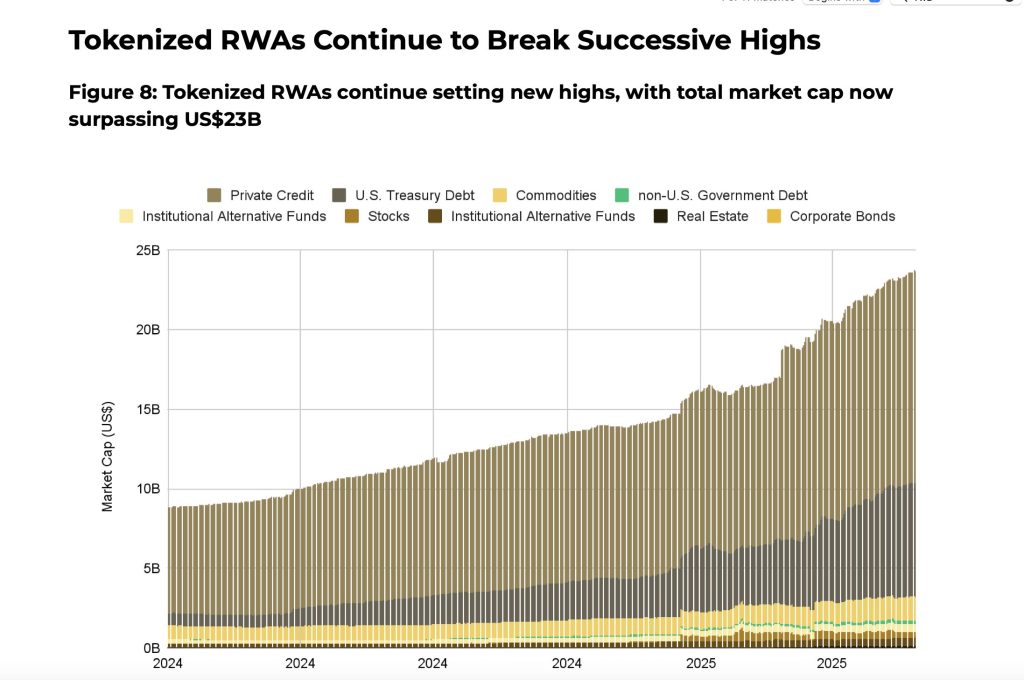South Korea to allow first new banks in three decades
South Korea will allow new entrants to its banking sector for the first time in three decades to spur competition in the oligopolistic system, following hefty criticism over big bonuses paid to employees amid higher interest rates.
The country’s banking sector has been dominated by five major lenders, who were criticised by President Yoon Suk Yeol earlier this year for what he called a “money feast” with profits made easily through a rate gap between deposits and loans.
The government will permit licences for existing financial companies to become nationwide commercial banks, allow more online banks and ease the loan-to-deposit rules for local branches of foreign banks.
Asia stocks edge lower as traders await purchasing managers’ data
Asian equities declined on Wednesday in quiet trading following the Independence Day break in the US and ahead of the release of a series of indicators on economic activity across the region.
Hong Kong’s Hang Seng index dropped 0.3 per cent in early trading and South Korea’s Kospi lost 0.4 per cent. Japan’s Topix and China’s CSI 300 were flat.
European stocks edged higher in muted trading on Tuesday while US markets were closed. Investors will look ahead to the release of purchasing managers’ indices in Australia, China, Hong Kong, Japan and India later on Wednesday.
What to watch in Asia today
Events: Bank Negara Malaysia begins a two-day monetary policy committee meeting. Kazakhstan’s central bank announces its interest rate decision. Uzbekistan’s foreign minister Bakhtiyor Saidov arrives in Azerbaijan.
Economic data: In China, Caixin releases its June purchasing managers’ index for services as well as the composite index. Australia’s monthly services PMI is issued, as are the AIG construction and manufacturing indices for June, the ANZ commodity price index and the latest retail sales data. Japan publishes its June services PMI while Hong Kong issues a manufacturing PMI. In India the Nikkei services PMI is announced. Singapore also issues May retail sales figures, while Taiwan, Thailand and the Philippines report inflation numbers.
Markets: Futures in Hong Kong and Tokyo pointed lower. European stocks edged higher the previous day while US markets were closed for the July 4 holiday.
Zelenskyy claims Russia has mined Zaporizhzhia nuclear power plant

Ukraine’s president Volodymyr Zelenskyy on Tuesday warned that Russia might be preparing to carry out an attack on the Zaporizhzhia nuclear power plant, the biggest such facility in Europe.
“The Russian military has placed objects resembling explosives on the roof of several power units of the Zaporizhzhia nuclear power plant,” he said, citing Ukrainian intelligence agencies. “Perhaps to simulate an attack on the plant. Perhaps they have some other scenario.”
Russian forces have been in control of the plant since the early days of the invasion last year. Rockets and mortar rounds have struck near the plant and gunfights have broken out around it.
Judge curbs US officials’ liaisons with social media groups
A US judge has barred federal government officials from liaising with social media companies on removing certain communications from their platforms, in a politically fraught case that addresses tensions between freedom of speech and efforts to curb online misinformation.
Judge Terry Doughty, in Louisiana’s western district, on Tuesday handed down a preliminary injunction that blocks agencies such as the US Department of Justice and the FBI as well as officials including senior White House staff from meeting with social media companies to urge them to delete or reduce content “containing protected free speech” from their platforms.
Read more about the injunction here.
BoE considers forcing foreign banks to replace branches with subsidiaries

The Bank of England is looking at contentious plans to force more international banks to set up subsidiaries in the UK, people familiar with the situation said.
The move could reduce the thresholds requiring foreign banks with corporate business in the country to set up subsidiaries, with their own capital and liquidity. The BoE is considering it as part of a review of the collapse of Silicon Valley Bank, the people said.
Subsidiaries — such as SVB had in place — enable local regulators to seize control of failing banks rather than leaving their fate to the discretion of their parents’ supervisors.
Read more about the Bank of England’s plans here.
Credit: Source link










